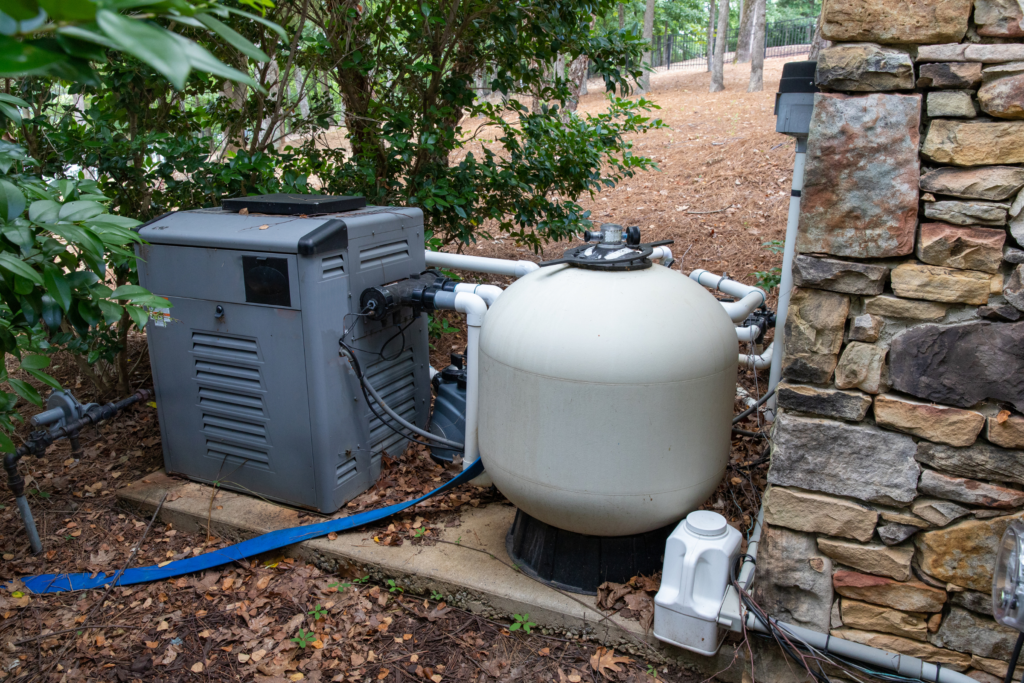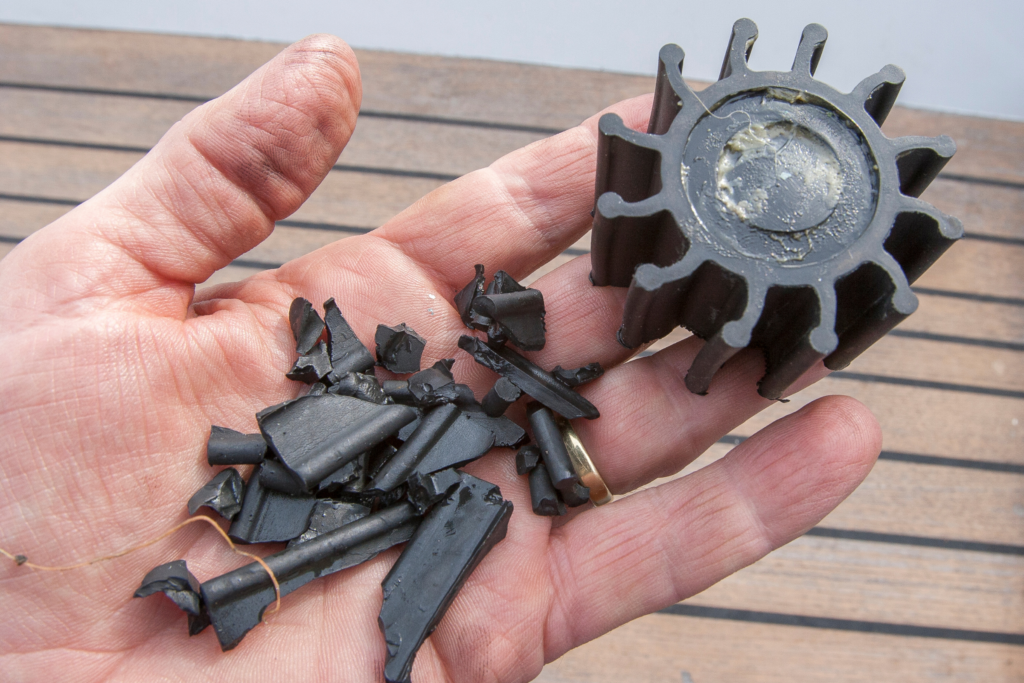Why is My Pool Pump Tripping the Breaker? (5 Typical Causes & Fixes)
Swimming pools are the ultimate summer oasis, offering relaxation and fun in the sun. But sometimes, our pool pump decides to play tricks on us, tripping the circuit breaker and causing a splash of confusion. Let’s unravel the mystery behind this electrifying relationship between the pool pump and the electrical system.
Picture this: the pool pump, our trusty sidekick in maintaining a clean and healthy swimming environment. It’s like the superhero of the pool, circulating water through the filter to remove debris and keep things crystal clear. But to power this water wizardry, electricity comes into play.
Enter the circuit breaker, our guardian angel, protecting our home’s electrical system from potential hazards. When the breaker trips, it interrupts the flow of electricity to the pool pump, causing it to take an unexpected break.
The most common reasons for a pool pump to trip the breaker are an overheating motor, a short circuit inside the pump or cord, GFCI issues, a clogged impeller, and loose or faulty wiring.
So why does this happen?
Let’s uncover the truth and restore peace to our poolside paradise.
5 reasons why your pool pump might be tripping the breaker
There are a few common culprits behind a pool pump tripping the breaker.
First, we have electrical issues. A faulty breaker or loose connections can lead to mischief, disrupting the power flow and causing the breaker to go into superhero mode. On the other hand, mechanical problems with the pump itself can also come into play. A blocked impeller or inadequate ventilation can make the pump work harder, leading to overheating and triggering the breaker.
We must address these issues head-on to restore harmony in our pool universe and ensure smooth swimming operations. 🌟💦
Let’s dive into some of the common causes of a pool pump tripping the breaker and discover their secret identities:
1️⃣ Overheating Motor
Our pool pump’s motor is prone to overheating, like a superhero pushing its limits. Poor ventilation, debris around the motor, or worn-out bearings can all contribute to this heated situation.
Regular cleaning and maintenance of the motor can save the day, preventing overheating and those unexpected breaker trips.

2️⃣ Short Circuit
Watch out for those sneaky short circuits! When an electrical current goes rogue and takes the wrong path, it can cause excess heat and send the breaker into a frenzy. Inspecting and repairing any damaged wiring or connections can help keep these short circuits at bay.
3️⃣ GFCI Issues
Ah, the Ground Fault Circuit Interrupter (GFCI), our trusty ally against electrical shocks. But even heroes can have their off days. A faulty GFCI can cause the pool pump to trip the breaker, even if there’s no actual ground fault. Sometimes a simple reset or replacement can restore balance to the electrical force.
4️⃣ Clogged or broken Impeller
The impeller, like a superhero’s sidekick, plays a vital role in the pool pump’s mission. But when it gets clogged with debris, it can overload the motor, leading to breaker trips.
Regular cleaning and inspection of the impeller can save the day, ensuring smooth water circulation and a debris-free pool.

5️⃣ Loose or Faulty Wiring
Loose connections and faulty wiring are like villains sneaking into our electrical system, causing chaos and breaker trips. We need to tighten those loose ends, ensuring proper electrical conductivity. And if we spot any worn or damaged wiring, it’s time for a heroic replacement to keep our pool pump in top shape.
How to prevent and maintain your pool pump electricals
Now that we know the common villains causing our pool pump and breaker battles, it’s time to take action and restore peace to our poolside haven.
Here are some strategies to save the day:
1️⃣ Inspect for Moisture and Debris
Keep an eye out for moisture and debris around the pool pump and its electrical components. Moisture can cause short circuits, while debris can obstruct proper airflow and lead to overheating.
Regular cleaning and maintenance of the area will keep our pool pump running smoothly.
2️⃣ Use a Multimeter
Equip yourself with a multimeter, your trusty sidekick in diagnosing electrical issues. This versatile tool can measure voltage, current, and resistance, helping you identify any problems in the wiring and connected components.
If the readings are out of the expected range, it’s time to channel your inner detective and solve the electrical mystery!
| Component | Expected Voltage Range |
|---|---|
| Pool Pump | 110-230 VAC |
| Wiring | Match Pump Voltage |
3️⃣ Check Electrical Connections and Breaker
Loose or corroded electrical connections can wreak havoc on our pool pump and breaker. Give them a thorough inspection, tightening any loose ends and replacing damaged wires or components if necessary.
And don’t forget about the breaker itself! If it’s worn or damaged, it may be time for a replacement.
By taking these preventive measures, we can reduce the chances of our pool pump tripping the breaker and ensure a safe and efficient swimming experience.
If the problem persists and our pool pump and breaker are still at odds, it’s time to call in the reinforcements! A licensed electrician can save the day, armed with their knowledge and expertise. They’ll help pinpoint the root cause, whether it’s a bad motor winding, excess moisture causing corrosion, or any other electrical hiccups.
Let Us Know How We’re Doing!
Did this expertly prepared resource answer your question?
Do you have another question about home maintenance, home improvement projects, home appliance repair, or something else?
Get more information, send in questions and keep the discussion going by contacting the I’ll Just Fix It Myself company customer service team at at 1-800-928-1490 or Email us at [email protected]
